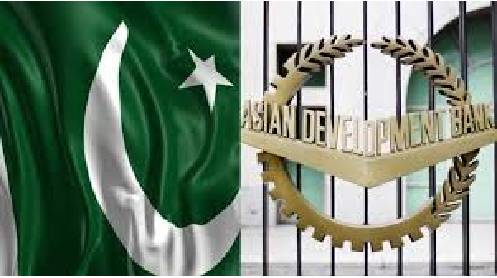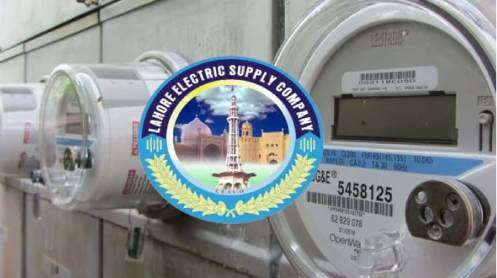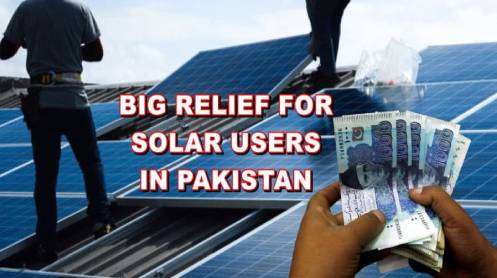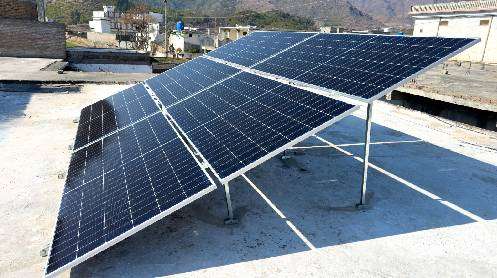ISLAMABAD: Pakistan incurs average annual losses exceeding $2 billion due to climate-related disasters, significantly impacting the country’s already high poverty levels, according to the Asian Development Bank’s (ADB) Annual Report 2024.
Highlighting Pakistan as one of the region’s most climate-vulnerable nations, the Manila-based lender stated that women and other vulnerable groups bear the brunt of these disasters. To enhance resilience, the ADB approved a $500 million policy-based loan in 2024 to improve disaster preparedness, planning, and response in Pakistan. The initiative includes risk mapping, modelling, public-private financing mobilisation, and the use of ADB’s contingent disaster financing facility for rapid emergency response—marking a first for Central and West Asia.
In addition, the ADB committed $330 million to expand a grassroots social protection programme benefiting 9.3 million people, focusing on women and disaster-prone communities. The funds will support targeted poverty assistance, cash transfers for education, and better access to healthcare and nutrition.
Pakistan’s rapid urbanisation was also flagged, with ADB noting deteriorating living standards due to limited services, weak planning, and climate change. ADB released a new urbanisation model to guide resilient city planning, enhance public-private partnerships, and promote gender-responsive budgeting.
On the private sector front, ADB extended a $41.2 million non-sovereign loan to SAFCO Venture Holdings Ltd for a Sheikhupura-based facility producing *200,000 tonnes of sustainable aviation fuel, reducing CO₂ emissions by up to *85% and targeting 100% export to the EU.
ADB’s total commitment to Pakistan now stands at *$20.8 billion, including undisbursed loans. Regionally, ADB committed *$24.3 billion** in 2024, along with $14.9 billion in co-financing to tackle key development challenges in Asia and the Pacific.







